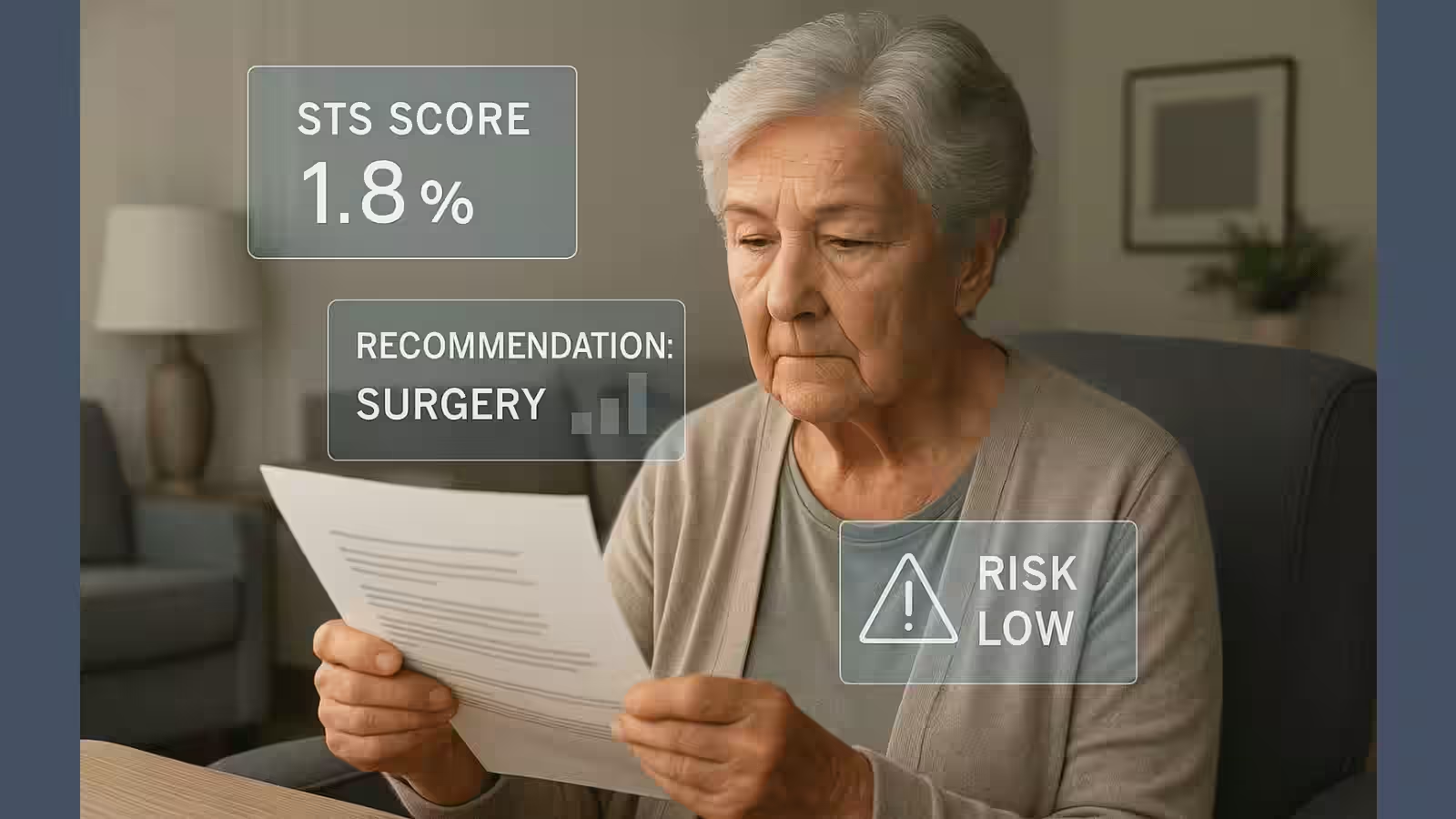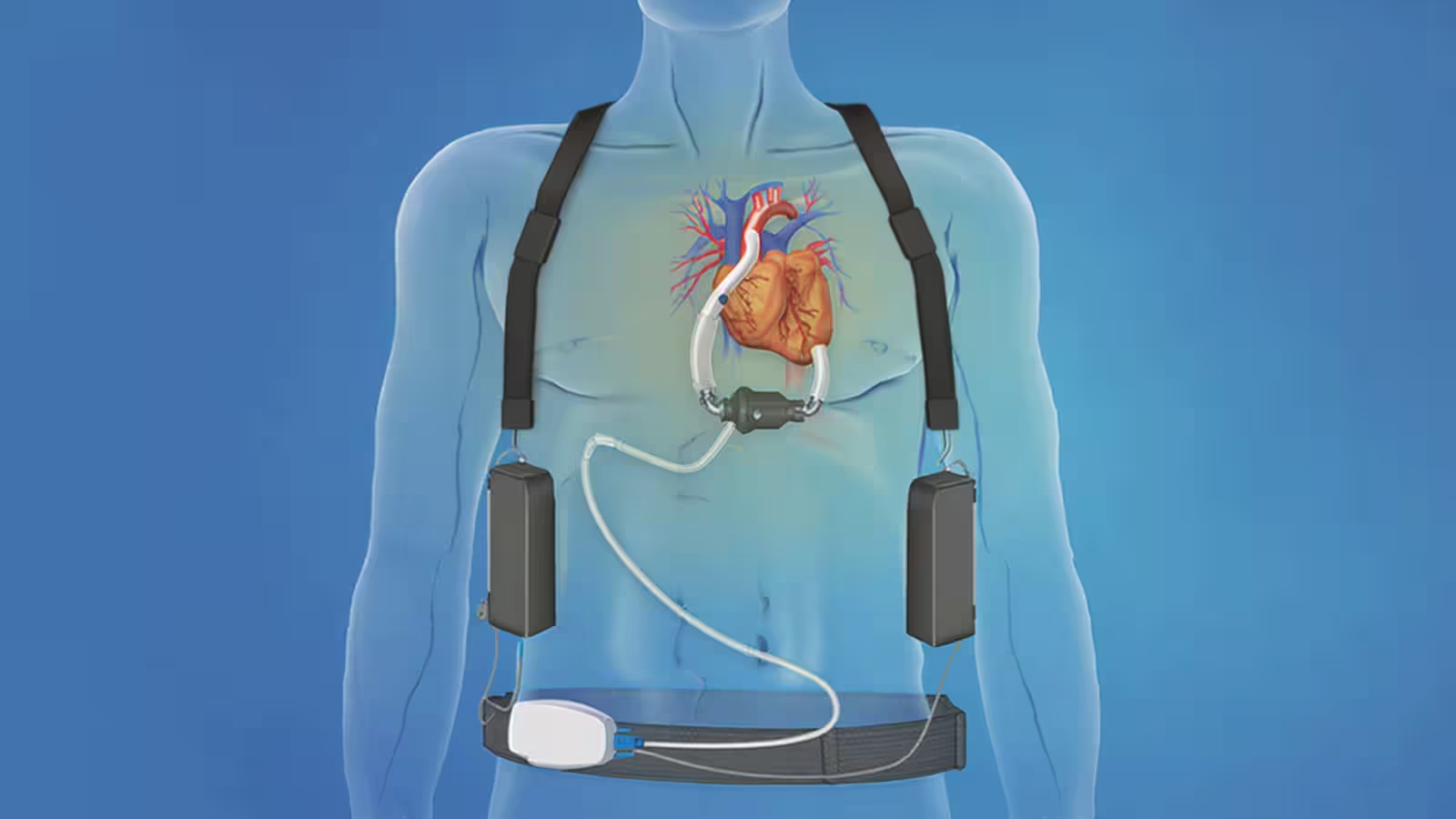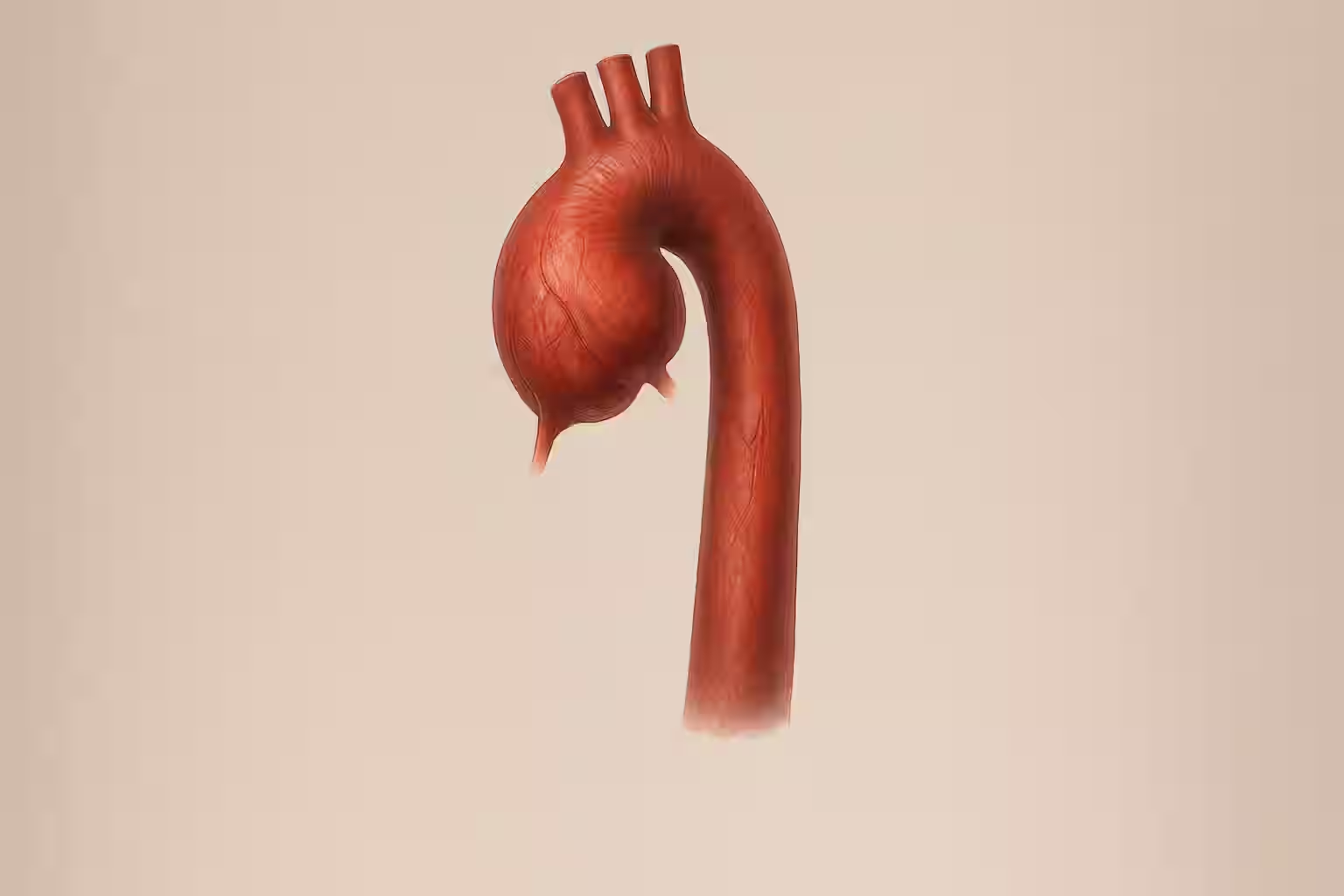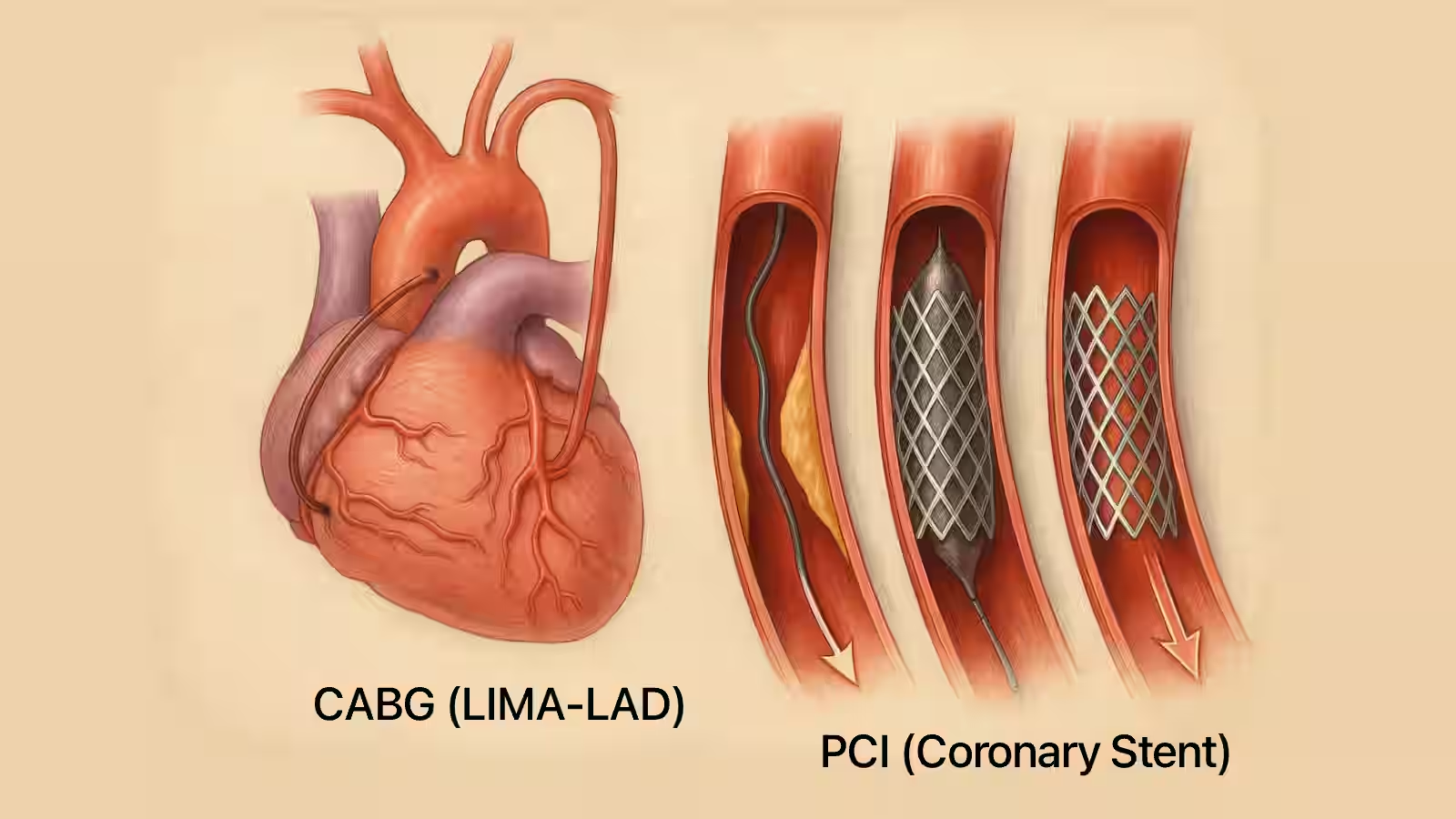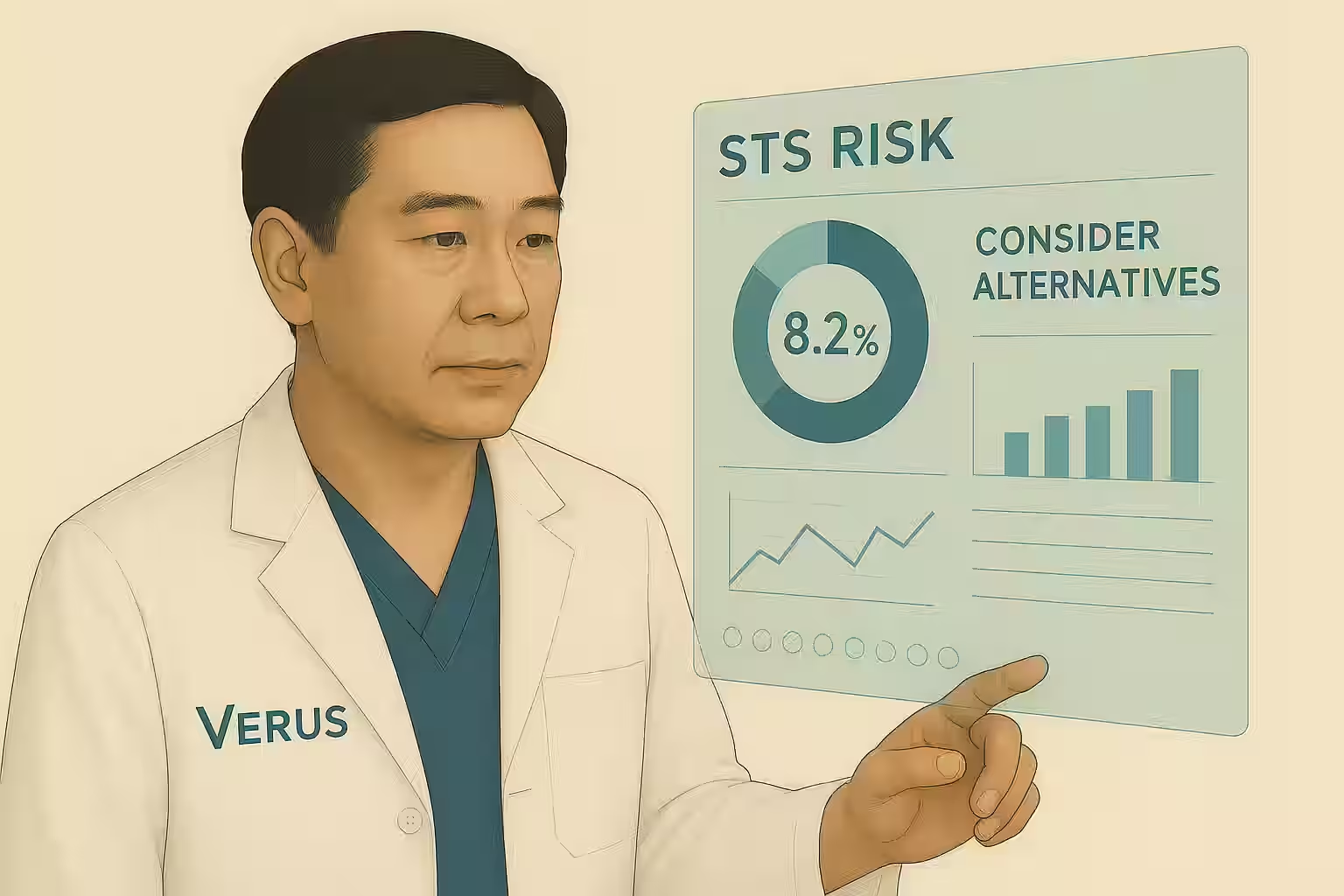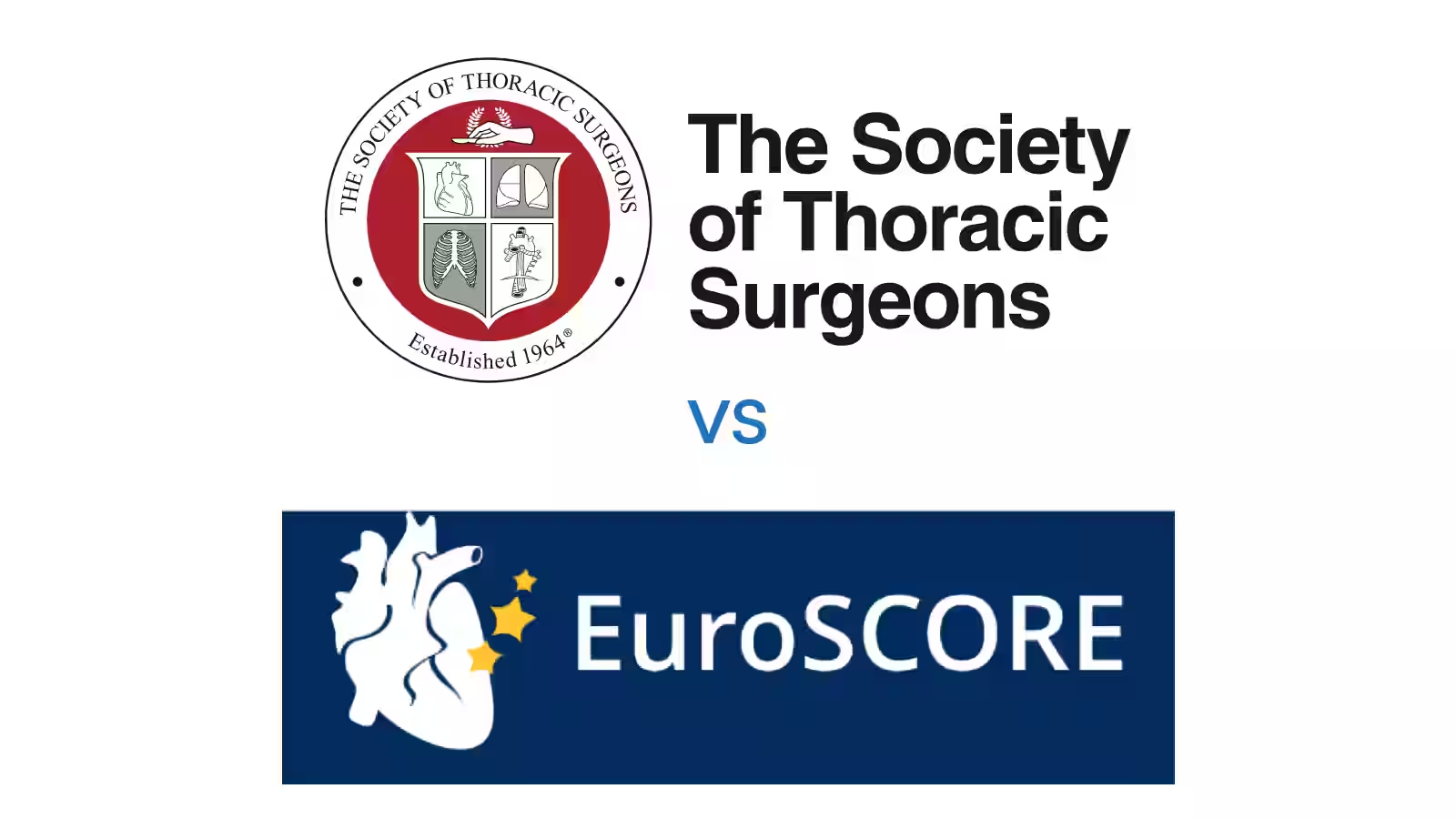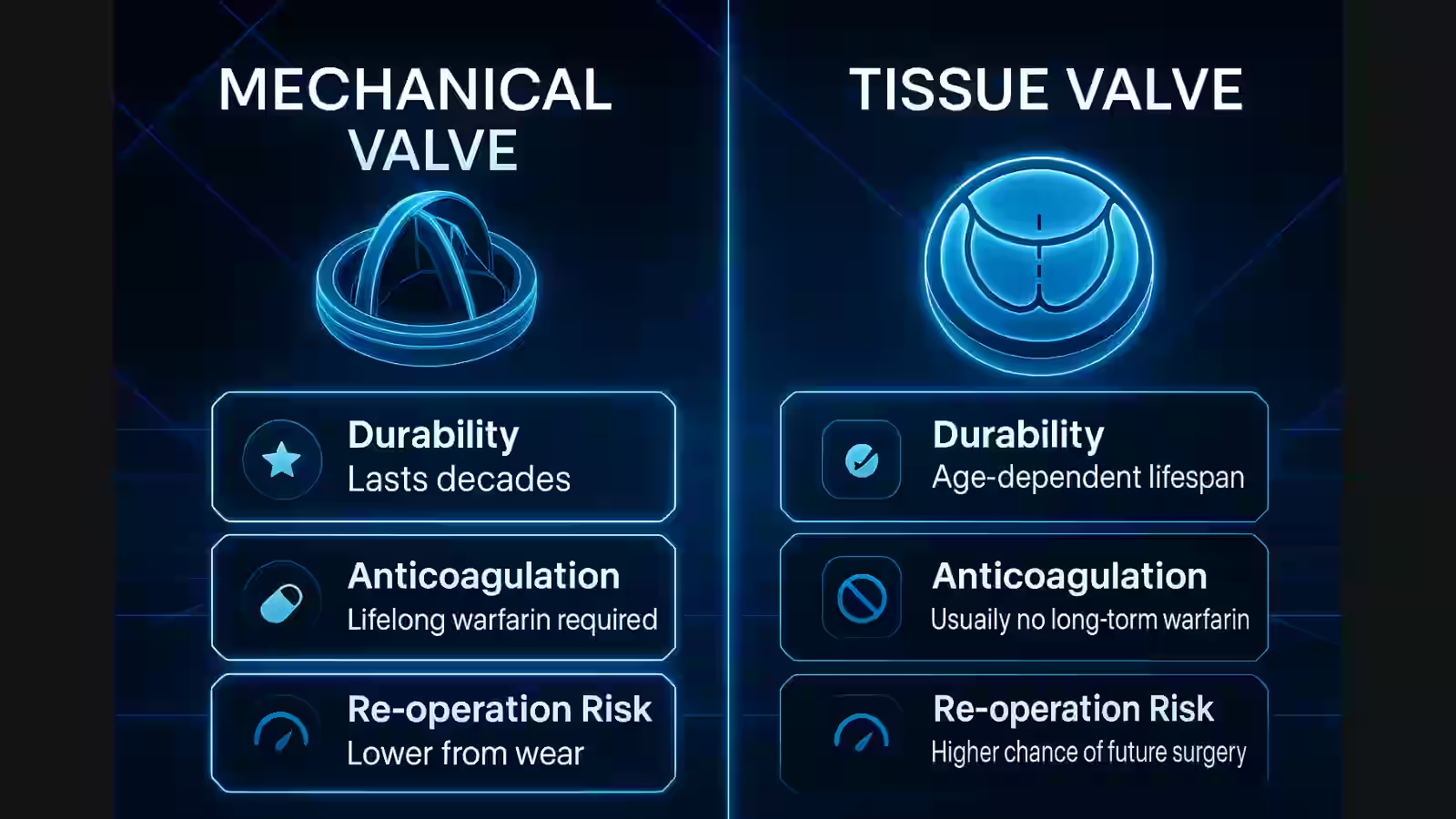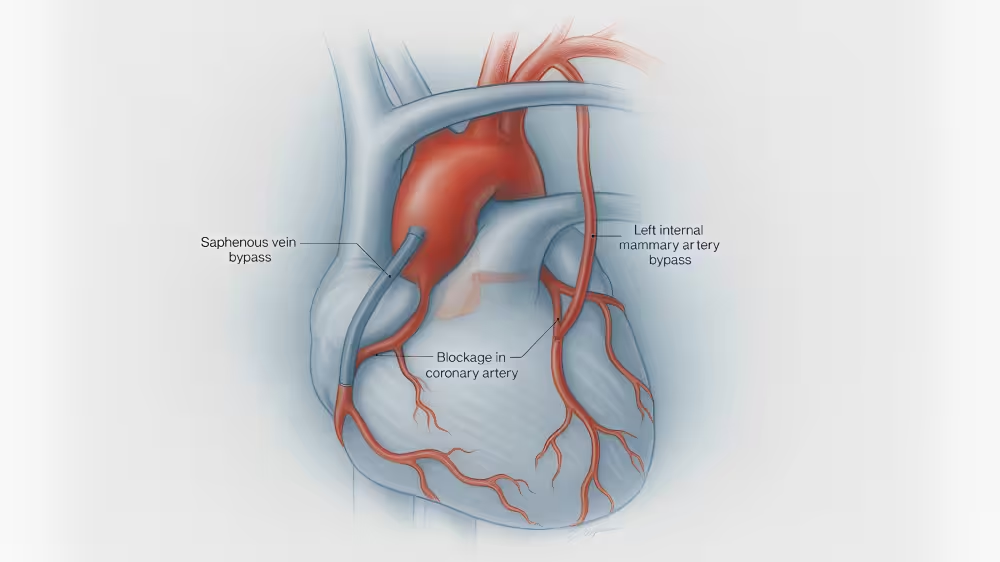This score isn’t a judgment - it’s a planning tool. It helps surgeons tailor your care to improve safety and outcomes.
What Is the STS Risk Score?
If you're preparing for heart surgery, one of the most important tools used to guide your care is the STS risk score. Developed by the Society of Thoracic Surgeons, it estimates your personal risk of death or major complications from procedures like CABG (bypass surgery) or aortic valve replacement.
Why Does the STS Score Matter?
Your STS score helps answer critical questions like:
- How risky is this surgery for me?
- Is now the right time—or should I wait?
- Are there safer options for someone in my condition?
Doctors use it to compare the potential benefit of surgery with the possible risks. A high score doesn’t mean “don’t operate” - it means “plan carefully.”
How Is the STS Score Calculated?
The STS calculator uses real-world data from over 7 million patients. It takes into account factors like:
- Age and sex
- History of heart attack, stroke, or lung disease
- Kidney function and dialysis
- Diabetes or anemia
- Surgical urgency
- Current medications and health status
The result is a percentage-based estimate:
For example: 2.6% risk of death, 7.1% risk of major complication.
Your score helps surgeons personalize your treatment plan.
What’s Considered a High STS Score?
There's no universal definition—but general ranges are:
- Category: Low Risk: Risk of Death: < 2%
- Category: Moderate Risk: Risk of Death: 2% - 8%
- Category: High Risk: Risk of Death: > 8%
Remember: This is a population estimate, not your destiny.
A high STS score doesn’t mean you’ll have a bad outcome - it means the system expects a higher average risk in similar patients.
Can a High STS Score Change Your Treatment Plan?
Yes. And it should trigger better planning - not fear.
If your STS score is elevated, your team may:
- Consider minimally invasive or transcatheter options
- Improve control of conditions like diabetes or COPD before surgery
- Delay surgery if safe
- Refer you to a center of excellence with stronger outcomes
- Involve a multidisciplinary heart team for decision-making
This is the moment to get a second opinion.
When your risk is high, choosing the right team becomes even more important.
What Should You Ask Your Doctor About Your STS Score?
- What is my predicted mortality and complication risk?
- Which factors are increasing my score—and can they be improved?
- Are there alternatives to surgery for someone like me?
- How does my score compare to patients you've successfully treated?
- Should I get a second opinion before deciding?
Informed decisions save lives.
Verus Can Help You Understand - and Act On - Your STS Score
If you’ve been told your STS score is high - or if you simply want more clarity - Verus can help.
Verus offers rapid second opinions from top cardiac surgeons who will:
- Explain your score clearly
- Translate the data into real choices
- Recommend options aligned with your values and risk profile
Don’t make a life-changing decision without expert guidance.
If you’re facing heart surgery, Verus can help.
Receive a personalized second opinion from a top surgeon in days - not weeks.
